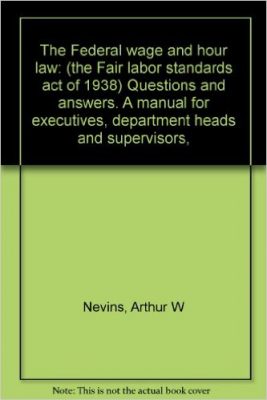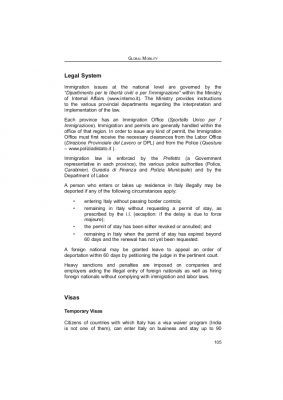Employment disputes are often at the forefront of news headlines. The taxi company Uber who found themselves at the centre of an employment dispute last year, have recently succeeded in winning the right to appeal the unfavourable outcome of said appeal. The ‘gig economy’ is at an all-time high, with employers often recruiting individuals on a consultancy basis, when they should be classified as an employee, otherwise deemed a ‘worker’ for the purposes of employment regulations.
The difference between an employee and a contractor in terms of legal rights afforded to the two types of workers is vastly different. Zero-hour employment contracts appear in the grey area in between a worker and a contractor, however most zero-hour contract employees will be held to be a worker for the purposes of the regulations.
The fast food giant Mcdonalds have been at the forefront of the press headlines, due to them trialling the removal of zero-hour employment contracts for workers. A zero-hour contract is often defined as one where the employer does not have to provide any hours and the employee is not obliged to work a set amount of hours each week. Zero hour contracts are often confused with a consultancy arrangement, however an employee who is party to a zero hours’ contract will normally be afforded with ‘worker’ status, whereas a sub-contractor will not. Employees who work on a zero-hour basis are entitled to national minimum wage, national living wage and are also entitled to annual leave.
Legislation was introduced in May 2015, which afforded greater protection for those employees with zero-hour contracts. Since the implementation of the legislation it is now unlawful to incorporate an exclusivity clause into a zero hours’ contract. This benefits employees who enter into zero-hour contracts, as prior to the legislation, restrictions could have been placed upon them similar to those restrictive covenants found in full time employment agreements.
If there is a dispute over the terms of a zero-hours employment contract, then the matter can proceed to an employment tribunal. A zero-hours contract can be beneficial to both an employer and an employee wishing to utilise them. For the employee it can provide flexible working and the option to deny work when not required. Whereas, for the employer it can provide benefits such as a large pool of readily available candidates who might be required on short term notice.










